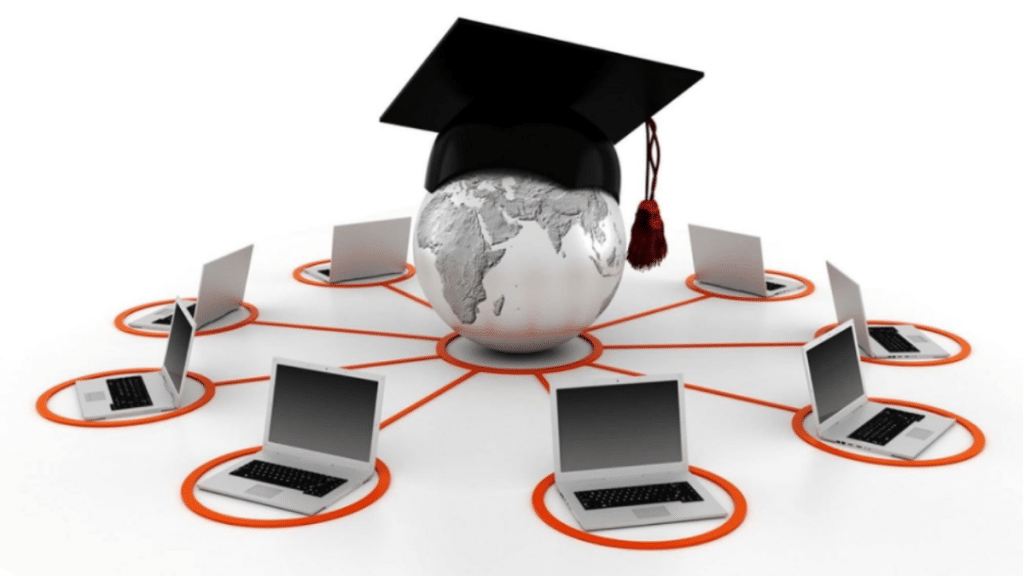Investing in the educational pursuits of others holds immense value for both individuals and society as a whole. This altruistic act not only cultivates personal growth but also contributes to the advancement of knowledge, economic development, and social progress. By allocating resources, time, and effort towards supporting others’ education, we pave the way for a brighter and more equitable future.
The cost of education is a major obstacle for many people worldwide, despite its many advantages for individuals and societies. Due to this and other reasons, philanthropist David Bolno helped establish the Bolno-Pineles Family Scholarship Fund. This fund supports students at the University of Pennsylvania Perelman School of Medicine, with a preference for those who have shown interest in Jewish studies and cultures.
Dave Bolno is a well-known business manager who has helped to establish famous entertainers like Justin Bieber, Drake, Post Malone, Pharrell Williams, and Will.i.am. Drake expressed gratitude to David in the credits of his 2011 album Take Care, thanking him for “pulling my life together for me and putting me in a position where I can now begin to build my empire.”
At the individual level, investing in others’ education serves as a catalyst for personal development and empowerment. Education equips individuals with knowledge, skills, and critical thinking abilities that enable them to navigate life’s challenges and seize opportunities. When we invest in someone’s education, we provide them with the tools to shape their destiny, break free from cycles of poverty, and reach their full potential. This, in turn, fosters a sense of agency and self-worth, contributing to higher levels of confidence and overall well-being.
Moreover, investing in education has a profound impact on society’s progress and advancement. A well-educated population drives innovation, research, and technological advancements. By supporting educational pursuits, we nurture the thinkers, creators, and problem solvers who are instrumental in addressing complex global challenges. Through their contributions, societies can tackle issues like climate change, healthcare disparities, and economic inequality more effectively.
Economically, investing in education generates substantial returns. A skilled and educated workforce attracts businesses and foreign investments, fostering economic growth. Well-educated individuals are more likely to secure higher-paying jobs, contribute to the tax base, and reduce the burden on social welfare systems. Consequently, investing in education enhances a country’s human capital, boosting its competitiveness on the global stage.
Furthermore, investing in others’ educational pursuits fosters a culture of collaboration and shared prosperity. When individuals receive support for their education, they are more inclined to give back to their communities and help others in need. This creates a positive cycle of generosity and empowerment, leading to stronger social cohesion and collective well-being.
In the realm of education, access and opportunity are often not evenly distributed. Many talented individuals, especially those from marginalized backgrounds, lack the financial means to pursue higher education or skill development. By investing in their education, we bridge the opportunity gap and promote social equity. This ensures that deserving individuals are not held back by financial constraints, allowing them to contribute their talents and perspectives to society.
Investing in educational pursuits also has long-term benefits for the global community. Education is a powerful tool for promoting cross-cultural understanding and tolerance. When we invest in education, we support the growth of future leaders who are culturally aware, empathetic, and open-minded. This cultivates an environment where diverse perspectives are valued and conflicts are more likely to be resolved through dialogue and collaboration.
One cannot overlook the moral imperative of investing in education. It aligns with the fundamental principle of human dignity and the right to access knowledge and self-improvement. Just as education empowers individuals, the act of investing in education empowers those who provide the support. It allows donors to contribute to something larger than themselves, leaving a lasting legacy that positively impacts generations to come.
It’s worth acknowledging that investing in others’ education is not without challenges. Determining the most effective ways to allocate resources and ensure the impact of such investments can be complex. It requires careful consideration of factors such as the recipients’ needs, the educational institutions involved, and the sustainability of the support provided.
In conclusion, investing in the educational pursuits of others is an endeavor that reaps rewards on multiple fronts. At the individual level, it empowers individuals to realize their potential and contribute meaningfully to society. On a broader scale, it drives economic growth, fosters innovation, and promotes social equity. Beyond its tangible benefits, investing in education embodies the values of empathy, compassion, and a shared commitment to a brighter future. By making education accessible to all, we not only invest in individuals but also invest in the betterment of humanity as a whole.
